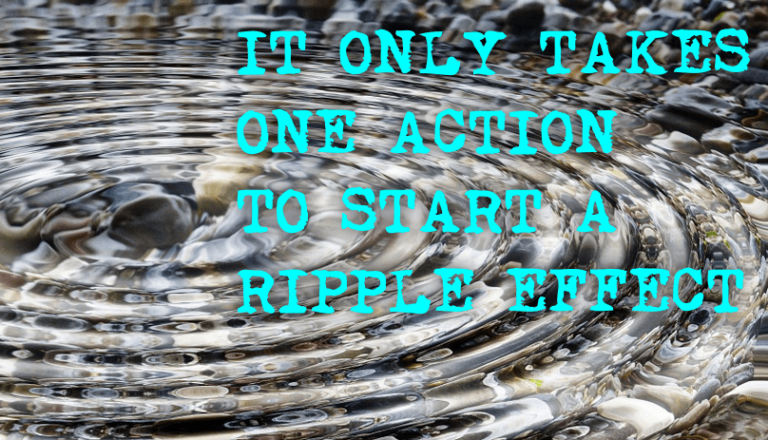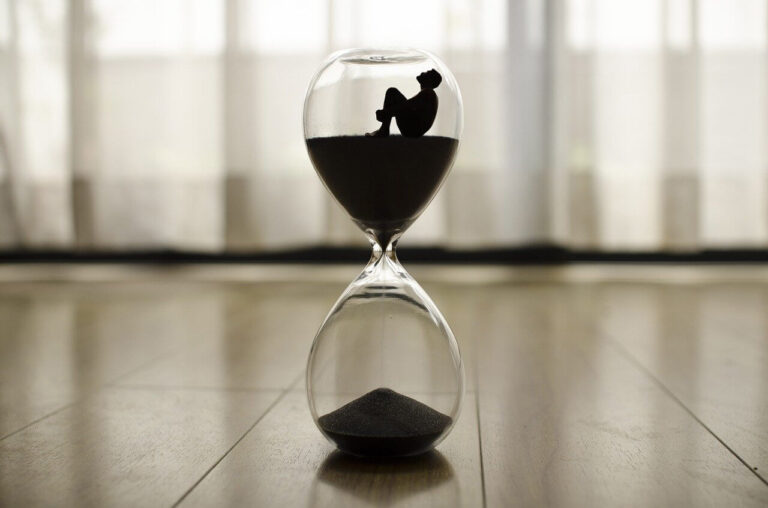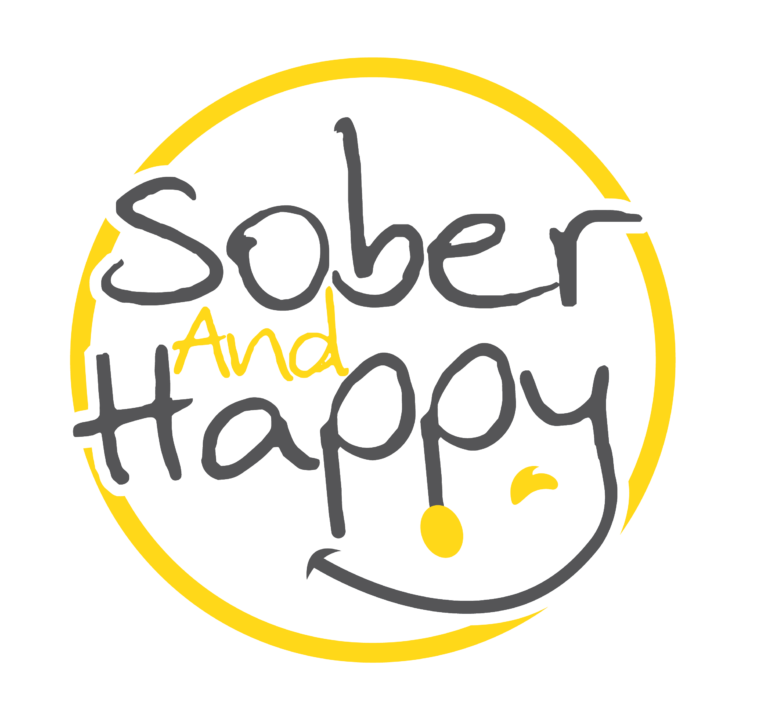

Tim Phillips
I love sharing my journey from being hopeless, to getting sober, to learning how to eventually be both sober and happy. to learning how to eventually be both sober and happy.
Mastering Emotional Sobriety: Moving Beyond Physical Sobriety to a Life of Fulfillment
Early in my recovery journey, I kept hearing about “emotional sobriety.” Intrigued, I started asking people what it meant, but the answers were vague at best—something about being “happy, joyous, and free.” I thought, “Great, but what does that mean when I have a bad day? Does that mean I’ve lost my emotional sobriety?” This question led me down a path of discovery, uncovering what emotional sobriety truly is and why it’s essential for long-term recovery.
Emotional Sobriety Is Essential for Lasting Recovery
Emotional sobriety is a cornerstone of lasting recovery, yet it’s often misunderstood. Beyond simply abstaining from substances, emotional sobriety is about learning to live a life where we can manage our emotions in a healthy way without relying on substances to cope. In this blog post, we’ll define emotional sobriety, explore why it’s vital for recovery, and provide actionable steps to start achieving it.
What is Emotional Sobriety?
Emotional sobriety is the evolution that follows physical sobriety. It’s not about always being happy but about learning how to process and manage emotions constructively. Instead of relying on substances to numb feelings, emotional sobriety encourages us to face emotions head-on.
Emotional sobriety is about moving beyond the daily struggle of staying sober and learning to live a fulfilling, balanced life.
Being emotionally sober doesn’t mean life will always be perfect. Struggles will happen, but emotional sobriety equips us to deal with them effectively.
Accepting Life’s Uncertainties
One of the first steps toward emotional sobriety is accepting that life is unpredictable. No matter how good a person you are or how hard you try, there will be challenges.
After nearly a year of good fortune in early sobriety, I hit a streak of hardships—my father’s terminal illness, failed relationships, and losing my dog. I spiraled into a dangerous mindset, wondering if sobriety was even worth it.
We must accept that life includes ups and downs and stop personalizing bad circumstances as punishments or failures.
The Importance of Self-Awareness
To achieve emotional sobriety, you must develop self-awareness. This means acknowledging your emotions without judgment and understanding what’s really triggering you.
Early in sobriety, alcohol ads and social events would trigger me. I thought I was angry at society’s normalization of drinking, but I realized the real issue was my belief that I couldn’t have fun without alcohol.
Identify the root emotions behind your triggers. Are you feeling lonely, jealous, or sad? These emotions are normal and must be processed rather than avoided.
Processing Emotions Constructively
For many in recovery, learning to process emotions is brand new. Emotional sobriety requires replacing old coping mechanisms with healthy ways to deal with feelings. The following can be incredibly helpful in learning new coping mechanisms:
Avoiding the Trap of Avoidance
While it’s common to focus on avoiding external triggers, true emotional sobriety comes from addressing the internal emotions behind those triggers. Avoidance only works temporarily. Focus on healing the emotions that fuel your triggers rather than spending all your energy on avoidance.
Ready To Achieve Emotional Sobriety?
Emotional sobriety is the key to transforming recovery from a daily struggle into a fulfilling life. By accepting life’s uncertainties, developing self-awareness, and learning to process emotions constructively, you can move beyond merely staying sober to fully embracing your new life. It’s a journey that requires time, patience, and self-compassion, but the rewards are immeasurable.
If you’re ready to take your recovery to the next level, dive deeper into emotional sobriety by listening to the full episode of the Sober and Happy podcast. I share personal stories, insights, and actionable strategies to help you embrace this transformative stage of recovery.

I love sharing my journey from being hopeless, to getting sober, to learning how to eventually be both sober and happy. to learning how to eventually be both sober and happy.




Join our mailing list to receive the latest news and updates from our team.






Copyright © 2023 by Sober and Happy. All rights reserved.

Join our mailing list to receive the latest news and updates from our team.